What are the most popular pocket watch makers?
Antique pocket watches are highly sought by collectors. They communicate the style of the grace and sophistication of the 19th and early 20th centuries like nothing else.
Industrial society was built on the sophisticated movements of these classic watches.
If you are interested in collecting one, you should be familiar with some of the major brands.
Waltham

The Waltham Watch Company was founded in 1850. This troubled company went through a variety of name changes and mergers right through the Civil War, yet still produced fantastic timepieces with interchangeable parts.
Abraham Lincoln had a Waltham ”Wm. Ellery” watch, produced in 1863.
Elgin
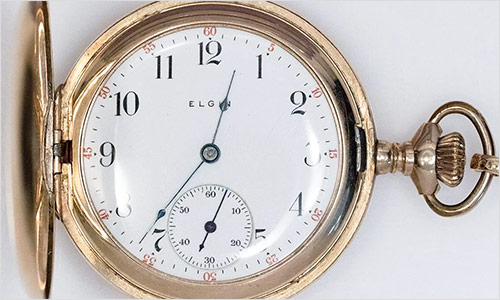
If you’re just starting to collect, look for an Elgin. Over their 100 years of operation they made over 60 million pocket watches, so one can be gotten at a reasonable price.
Along with Waltham, they dominated the mid-range pocket watch market. They also produced the first wristwatch that was good enough for railroad timekeeping in 1910.
Patek Philippe
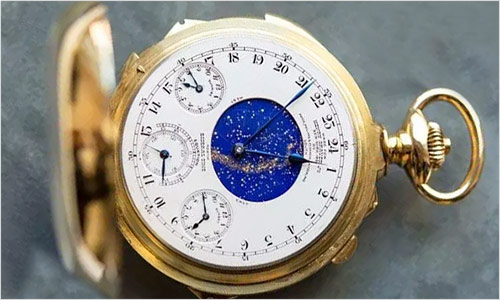
Patek Philippe is a Swiss watchmaker still in business and family-owned, crafting some of the highest quality watches in the world. They are known for their extreme level of complications and continuous innovation in watchmaking techniques.
Their 1933 ”Supercomplication” watch sold for $11 million in 1999 at auction.
Rockford

Rockford was only in operation for a short time (1873-1915) but their position at the junction of 3 railway lines near Chicago made their railroad pocket watches popular in the upper Midwest.
Look for watches marked RG for railroad grade. The company’s short lifespan makes these watches extremely collectible.
Ingersoll

This watchmaker became famous because of their marketing and distribution. They managed to produce a watch in the 1890s that could be sold profitably for a single dollar, and distribute them to dealers all over the U.S. They contracted with the Waterbury Clock Company to make these first mass-market watches
Gruen

The Gruen family drove breakthroughs in watch production by finding ways to make them slim and light. The 1904 Gruen VeriThin rearranged the components of a traditional pocket watch to make it much lighter. They also helped develop the first wristwatches, which didn’t gain popularity among men until after the first World War because they were considered too feminine.
Dudley

If you are involved in a Masonic group, then you may want to seek out a rare Dudley masonic pocket watch. William Dudley studied watchmaking all his life and founded the company when he was 69 years old.
Nearly all the movements of his watches have Masonic symbols. Unfortunately, he started his business just as wristwatches gained popularity, filing bankruptcy in 1925.
Seth Thomas
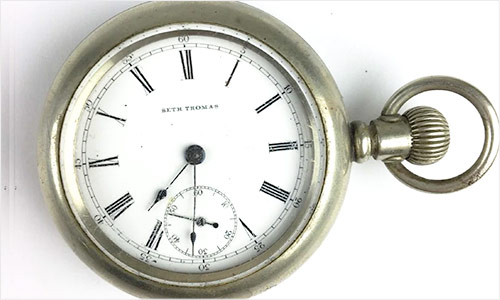
One of the most successful clock makers of all types, Seth Thomas produced their pocket watches from 1884 to 1915.
They produced clocks with a quick beat train of 18,000 beats per hour. Sadly, like most clock makers on this list, they folded in the early 20th century as the Depression and the popularity of wristwatches rose.
Ball
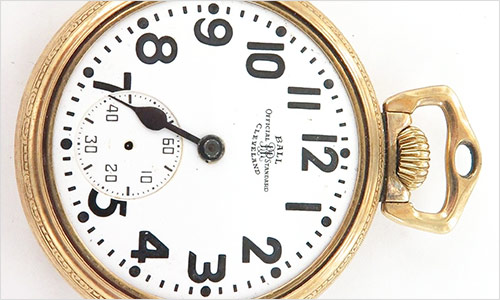
Finally, we have the Ball Watch Company. Ball didn’t produce watches themselves, they contracted out to many different companies, but they helped develop the manufacturing and testing standards for railroad timekeeping that all other American watch makers followed.
We get the phrase ”on the ball” in English because of how accurate timekeeping became after these standards were introduced. Even today, Ball’s standards form the foundation for modern chronometer standardization.


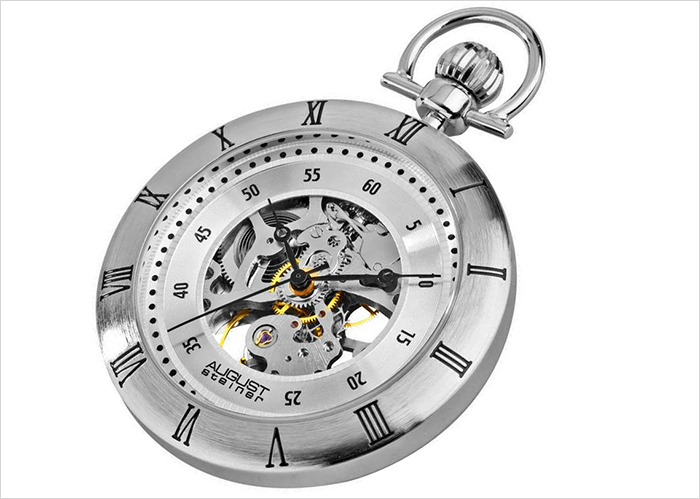
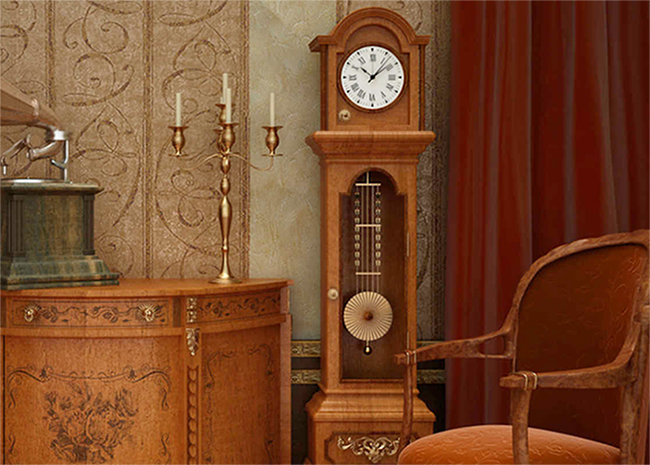
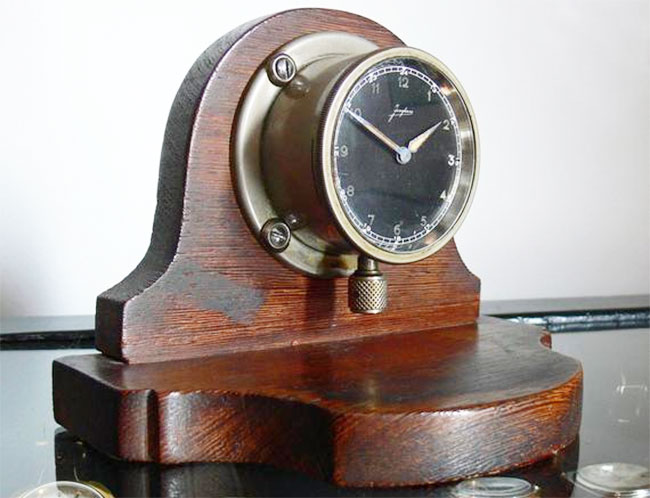



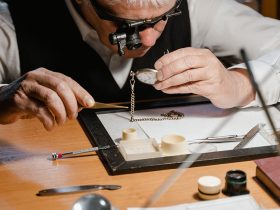


Leave a Reply